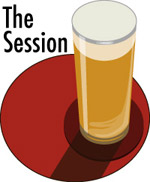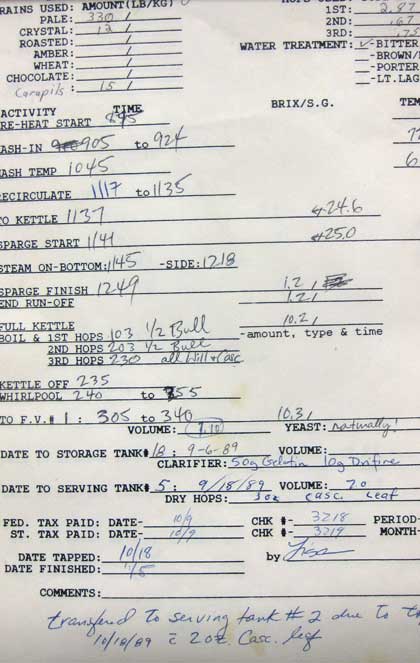Quick. Name three brands that have driven national awareness of craft1 beer.
Given that Boston Beer Co., Sierra Nevada Brewing and New Belgium Brewing emerged as the Craft Big Three credit must go to Samuel Adams Boston Lager, Sierra Nevada Pale Ale and New Belgium Fat Tire.
But these aren’t the brands leading growth for those companies now. So it hardly seems a surprise that today Shanken News Daily reported sales of Samuel Adams seasonal beers2 have surpassed the venerable Boston Lager. The seasonals are Octoberfest, Winter Lager, Noble Pils and Summer Ale (fall through summer).
So far this year, seasonal beers accounted for 25% of case sales, Boston Lager 24% and Twisted Tea Original 20%. Twisted Tea sales are up 36% for the year, with Twisted Tea Half & Half growing 52% (off a smaller base).
Previously, you’ll recall, Shanken’s Impact Databank reported that Fat Tire accounted for 70% of New Belgium sales in 2008, 67% in 2009 and 60% in 2010. And that Sierra Nevada Pale Ale sales slipped from 76% of the company’s total in 2009 to 71% in 2010.
Diversity indeed.
1For the sake of simplicity, the Brewers Association definition.
2Through Oct. 2 in food, drug and convenience stores, so this doesn’t take draft sales into account.
 Steve Lamond has stepped up in a late lineup change to host The Session this month. He agreed to take Pete Brown’s scheduled place because Brown is
Steve Lamond has stepped up in a late lineup change to host The Session this month. He agreed to take Pete Brown’s scheduled place because Brown is 